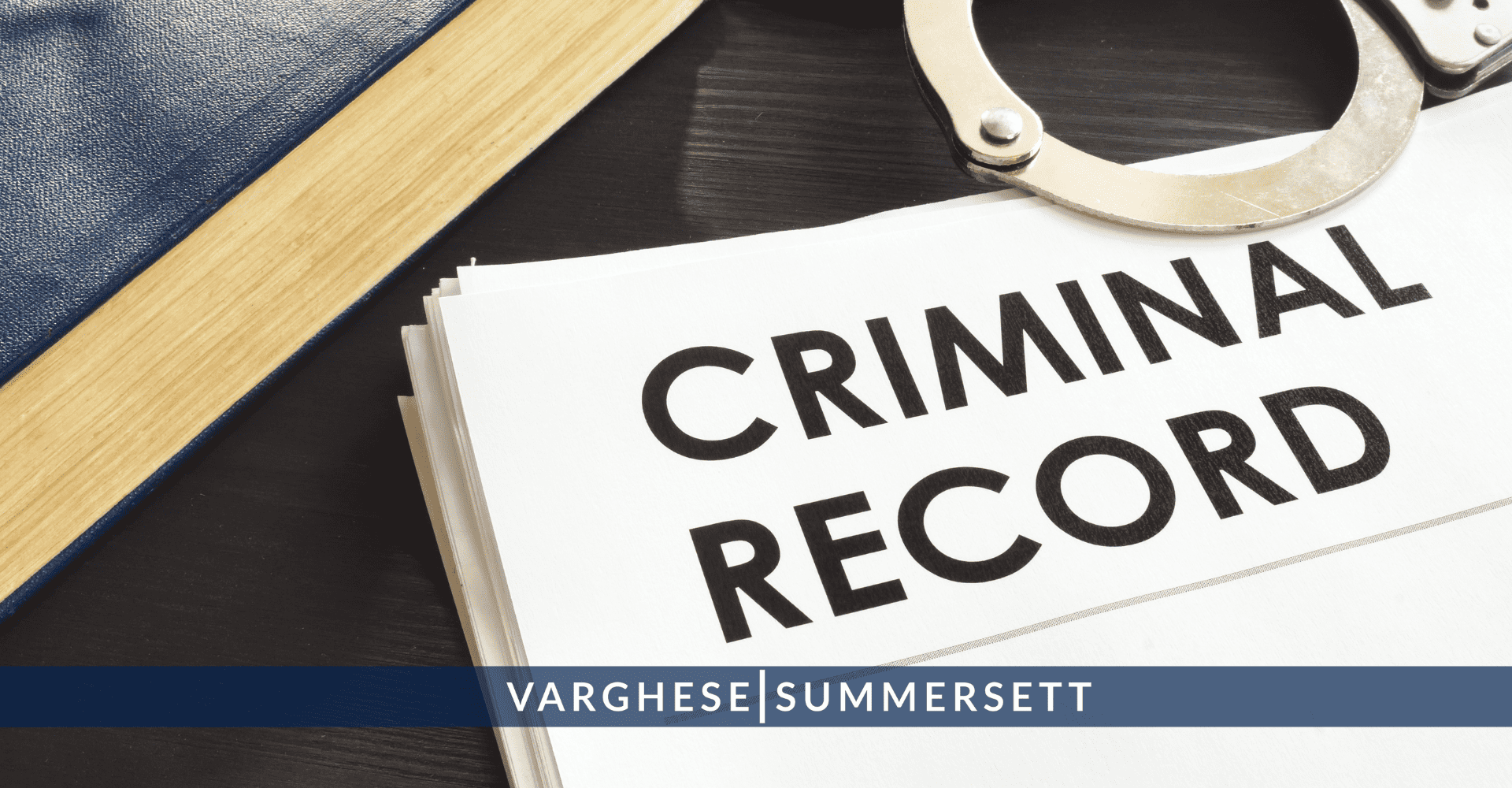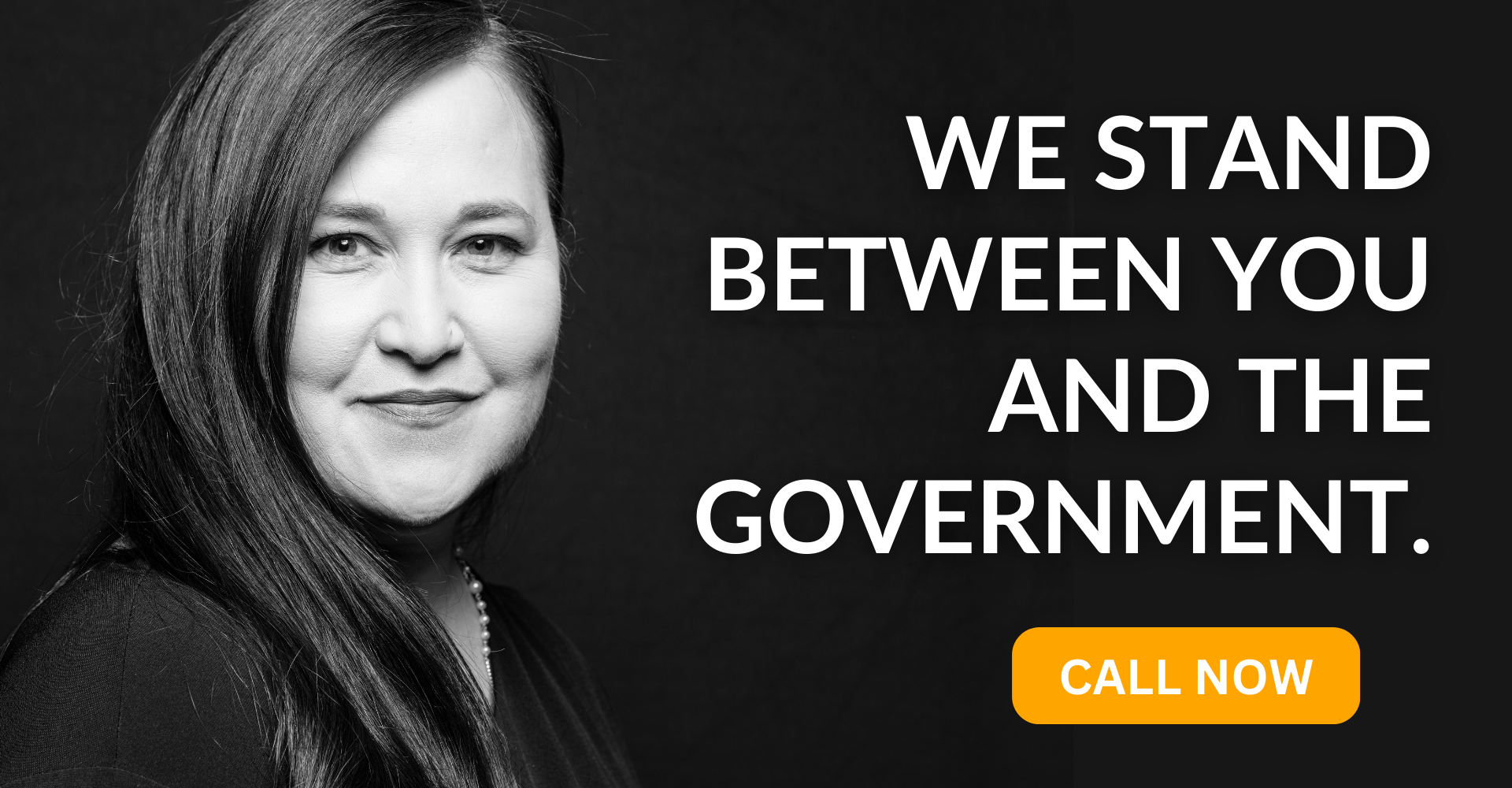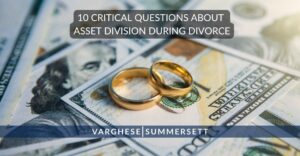Dallas Disorderly Conduct Lawyer (2023) | Best Defenses
Dallas Disorderly Conduct Lawyer
A disorderly conduct charge in Texas is a misdemeanor offense that covers a broad range of offensive or reckless conduct in public.
A Dallas disorderly conduct offense is typically a minor offense, but other factors could increase the charge and the punishment. It’s often charged along with similar offenses.
If you or a family member is facing a disorderly conduct charge, consult with a skilled Dallas disorderly conduct lawyer as soon as possible.
While disorderly conduct is a Class C misdemeanor, the equivalent of a ticket, the five- or ten-fold cost of hiring an attorney rather than paying the citation makes sense for individuals who want to prevent this from being a permanent blemish on their record and the collateral consequences that arise from a conviction.
In this post, we’ll define disorderly conduct, explain the punishment, and discuss similar offenses in Texas.

What is considered disorderly conduct in Texas?
The Texas Penal Code Section 42.01 defines disorderly conduct as any time someone intentionally or knowingly engages in offensive or reckless conduct in public, including:
- Uses abusive, indecent, profane, or vulgar language, and the language by its very utterance tends to incite an immediate breach of the peace;
- Makes an offensive gesture or display which tends to incite an immediate breach of the peace;
- Creates, by chemical means, a noxious and unreasonable odor;
- Abuses or threatens a person in an offensive manner;
- Makes unreasonable noise other than a sport shooting range, as defined by Section 250.001, Local Government Code, or in or near a private residence that he has no right to occupy;
- Fights with another;
- Discharges a firearm other than a public road or a sport shooting range, as defined by Section 250.001, Local Government Code;
- Displays a firearm or other deadly weapon in a manner calculated to alarm;
- Discharges a firearm on or across a public road;
- Exposes his anus or genitals and is reckless about whether another may be present who will be offended or alarmed by his act; or
- For a lewd or unlawful purpose: Peeks in a private residence, hotel, restroom, or shower stall designed for privacy.
An expert Dallas disorderly conduct lawyer will explain the charges, your options, and the best way to proceed.
What is the punishment for Dallas disorderly conduct?
A disorderly conduct charge in Dallas is typically a Class C misdemeanor, which results in a ticket with a maximum fine of $500.
The charge, however, is increased to a Class B misdemeanor in Texas if it involves discharging or displaying a firearm in a public place. A conviction for a Class B misdemeanor is punishable by up to six months in jail and a $2,000 fine.
An adept Dallas disorderly conduct lawyer will make sure their client understands the charge and the potential punishment with a conviction.
Why hire a criminal defense attorney over a ticket attorney?
The defense team at Varghese Summersett handles disorderly conduct cases for individuals seeking to resolve the citation in a way that makes them eligible for a future expunction. Our Dallas disorderly conduct lawyers will give you an honest assessment of your case during a free consultation.
Can I get my disorderly conduct arrest expunged in Texas?
Our goal at Varghese Summersett is to resolve the ticket in a manner that makes the offense eligible for expunction.
Whether it’s through a dismissal, acquittal, or another option, our Dallas disorderly conduct lawyer will design a defense strategy to produce the best possible outcome in your case.
Expunction is limited in Texas, but under certain conditions, an arrest can be erased from your record. The esteemed defense team at Varghese Summersett has a track record of unmatched success.
What are the best defenses for disorderly conduct charges?
There are several defenses to the charge of disorderly conduct, including:
- First Amendment protection of free speech: If the conduct in question was an expression of protected speech, such as peaceful protest, it cannot be considered disorderly conduct.
- Lack of intent: The defendant must have acted intentionally or recklessly in order to be convicted of disorderly conduct.
- False accusation: The defendant may be able to argue that they did not engage in the conduct they are being accused of.
- Necessity: The defendant may argue that their actions were necessary to prevent harm to themselves or others.
- Affirmative defenses to disorderly conduct in Texas are available. If discharging a firearm caused the offense, there is an affirmative defense if the firearm was used out of fear of bodily injury by an animal.
Time is important. If these defenses apply in your case, it’s imperative for a Dallas disorderly conduct lawyer to assert them to the prosecutor as soon as possible.
What offenses are similar to disorderly conduct in Texas?
Many offenses are similar to disorderly conduct under Texas law. Often, an individual is charged with one of these offenses instead of or in addition to disorderly conduct. Your Dallas disorderly conduct lawyer will help parse through multiple charges and the ramifications of each. These offenses include:
Riot: If seven or more persons engage in conduct that creates a danger for injury or damage to property.
Harassment: If a person does any act with the intent to harm, annoy, alarm, torment, embarrass or abuse another person.
Silent or abusive 911 calls: If a person calls 911 for a non-emergency, remains silent, or makes abusive or harassing statements.
False alarm or report: If a person initiates, communicates, or circulates a report of a past, present, or future bombing, fire, or offense they know is false or baseless.
Funeral service disruption: If a person engages in picketing a funeral service one hour before, after, or during the service.
Disruption of meetings or processions: If a person prevents or disrupts any lawful meeting, procession, or gathering through physical action or verbal utterance.
Obstructing highways or passageways: If a person obstructs a highway, street, sidewalk, elevator, aisle, hallway, entrance, exit, or any other place the public has access to, or that is used for the passage of vehicles or persons.
Stalking: If a person knowingly engages in certain types of conduct that are specifically directed at a certain person.
Dog fighting: If a person intentionally and knowingly causes a dog to fight with another dog or participate in dog fighting.
Destruction of flag: If a person intentionally and knowingly damage, deface, mutilate or burn the United States flag or the Texas flag.
Cruelty to animals: If a person knowingly, intentionally, or recklessly engages in certain acts, such as torture or abandonment, to a domestic animal or livestock.
Use of laser pointers: If a person knowingly directs light from a laser pointer at a law enforcement officer.
Facing a Dallas disorderly conduct offense? Call Varghese Summersett.

Have you been arrested for disorderly conduct? Call our firm to speak with a top Dallas disorderly conduct lawyer. Our defense team has decades of experience fighting tough cases and winning desired results. Our goal is to keep your record clean.
For a free consultation, call us at 214-903-4000.





